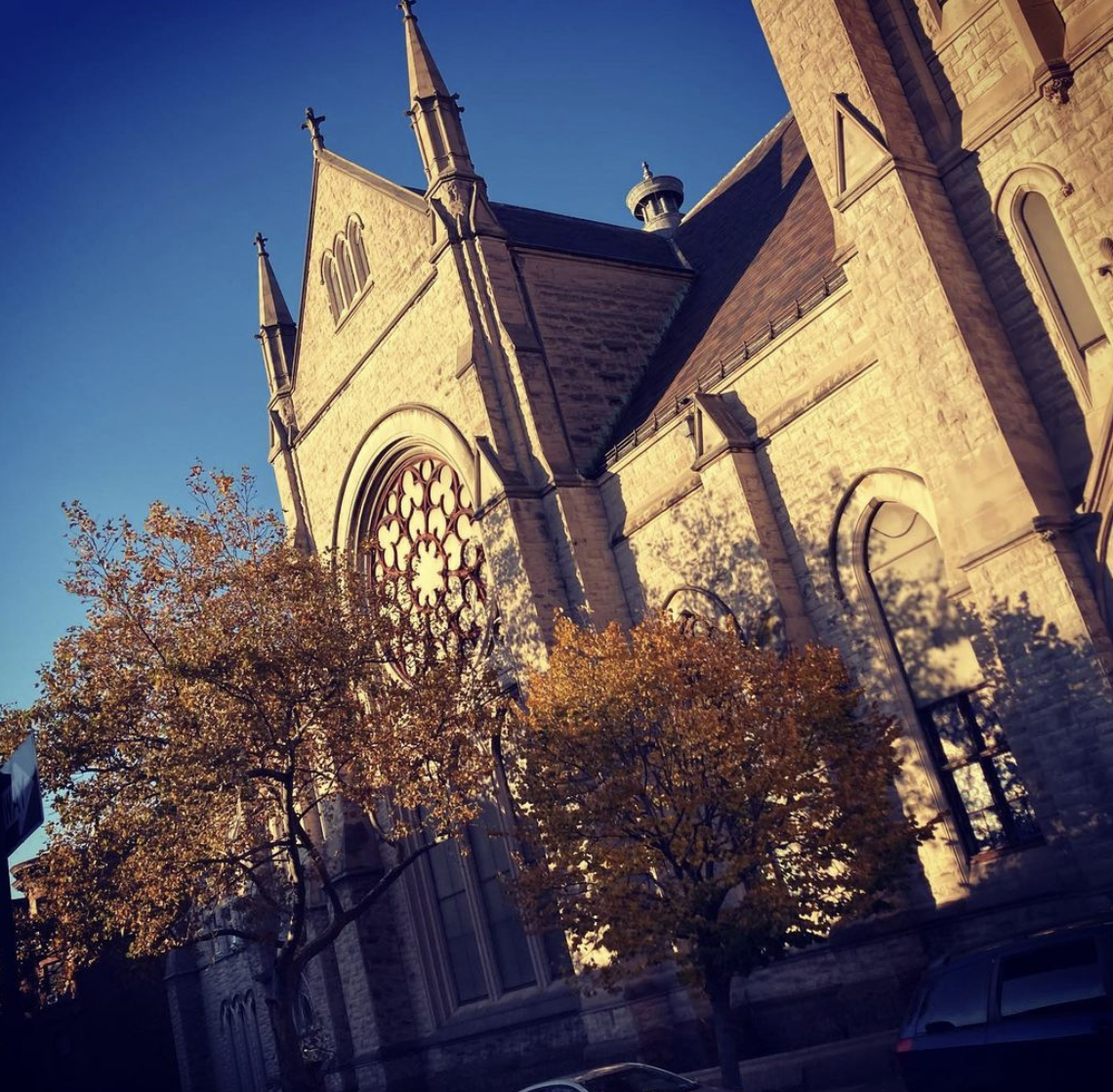
The first question we have to ask is whether or not this decision is even worth making.
Because it may not be. The act of deciding may take too much time and burn too many resources, the results of which won’t offset the opportunity cost of getting where we are going. Training yourself to become binary about decisions early and often can be a massive anxiety reducer.
However, if we discover that a decision is necessary, then there’s another question worth asking.
If we made a mistake, could we reverse our decision easily?
Highly likely. Very few decisions we make have a no refund policy. Certain ones may require significant work to back out of, but we’re rarely as trapped as we think we are.
Freshman year of college comes to mind. Here was my path.
Applied to three schools, got accepted into two, took a visit to one, then decided to register for classes at the end of the weekend.
Sadly, that particular path turned out to be the wrong one for me. That school was way too big for my liking. Which flooded my heart with feelings of frustration, guilt, regret and confusion.
But then again, over one third of college students change schools at least once in the college career, and among those, nearly half change institutions more than once. My parents reminded me that it wasn’t the end of the world and being happy was more important than being consistent.
By second semester, the transfer process had officially begun. By fall, classes had started at a newer, smaller school. And since most of the students had been there for a year and already had their friend groups, wearing a nametag was my way of sticking myself out there, finding my community and making the most out my college experience.
Guess that path worked out.
The lesson is, for the sake of our time and our sanity, it may be better to make the wrong decision, learn our lesson and quickly reverse, than to waste a ton of time making the perfect decision slowly.
Carlin addresses this concept in her touching book about growing up ass the daughter of the greatest comedian in history:
To understand what it is you really want, you must first choose a path. It rarely works the other way around. You need to live a little, so you can know what’s working or not. And then, if need be, you can change course.
Deciding is a tricky thing, no doubt.
But our seeming need to choose among many paths can paralyze us.
At a certain point contemplation must become action.
LET ME ASK YA THIS…
How skilled are you at distinguishing between necessary and unnecessary decisions?
